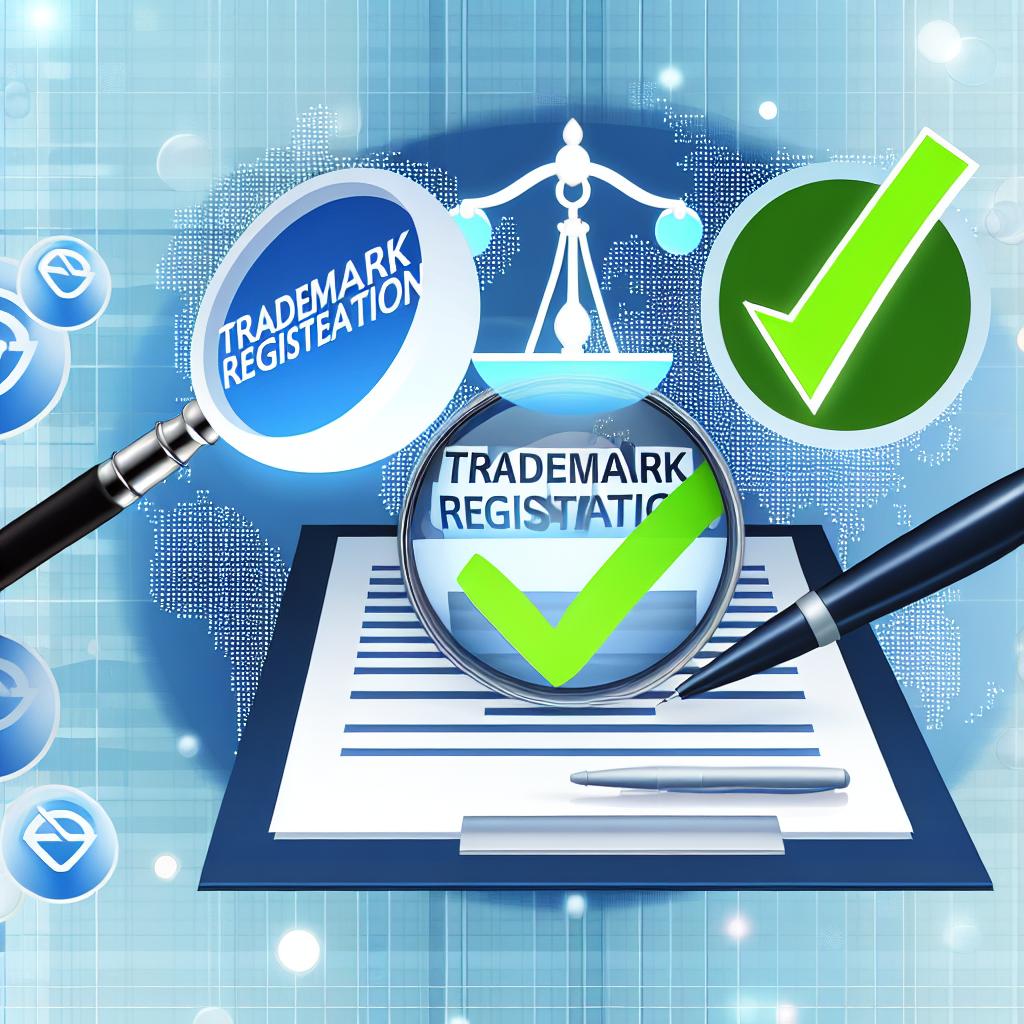
The Benefits of Registering a Trademark
Understanding Trademarks
Trademarks play a fundamental role in the world of commerce and branding. A trademark is a recognizable sign, design, or expression that serves to identify and distinguish the goods or services of a particular source from those of others. These marks are essential identifiers in the marketplace, acting as a beacon to consumers who seek consistency and quality associated with a specific brand or service. This fundamental understanding highlights why registering a trademark can provide numerous advantages and is a crucial aspect for businesses to consider as part of their comprehensive strategy.
Legal Protection
One of the primary benefits of registering a trademark is the legal protection it affords. By going through the registration process, a business can acquire exclusive rights to use that trademark in connection with the specific goods and services for which it is registered. This exclusivity is central to maintaining the integrity of a brand and protecting it from unauthorized use. Should someone attempt to use a trademark unlawfully, the owner has the legal grounds to take action against such infringement. The ability to enforce rights legally is pivotal for ensuring that a brand retains its unique identity, thereby preventing any dilution or confusion that could diminish its standing in the market.
Brand Recognition
Beyond legal considerations, trademarks contribute significantly to brand recognition. A distinctive trademark can serve as a powerful marketing tool, ensuring that customers can effortlessly identify and differentiate one product or service from those of competitors. This differentiation is not merely cosmetic; it builds a narrative around the brand and embeds it into the consumer’s mind as the go-to source for certain products or services. Over time, a strong trademark enhances a brand’s reputation and fosters loyalty among consumers. Customers who consistently see a trusted mark on a product are likely to associate it with quality and reliability, which can translate into repeat business and positive word-of-mouth referrals.
Asset Value
A registered trademark is considered an intangible asset, and it can significantly increase in value as your business grows. This increase makes a trademark a valuable component of your business’s asset portfolio. Over time, as your brand becomes more established and your market share expands, the trademark itself can appreciate in value. This asset value can be leveraged in various strategic ways, such as being a valuable component in mergers, acquisitions, or sales of the business. Businesses with a strong trademark can command higher valuations, making trademarks a crucial consideration for entrepreneurs and established businesses alike. Additionally, beyond outright sales, you might choose to license your trademark to others, thereby creating a potential revenue stream that enhances the financial ecosystem of your business.
Deterring Imitation
The act of registering a trademark can effectively deter imitation by potential infringers. When a trademark is officially registered and listed in the relevant governmental trademark registry, it serves public notice of the ownership. This public recognition acts as a deterrent, reducing the likelihood that other businesses will attempt to use a similar mark for closely related goods or services. The importance of this cannot be overstated, as it helps maintain the uniqueness of your brand and protects against market dilution. Potential infringers will often look elsewhere when they realize that a brand is robustly protected by registered trademarks, helping to safeguard market position and consumer trust.
Nationwide Priority
Registering a trademark with a national authority, such as the United States Patent and Trademark Office (USPTO) in the United States, provides the trademark owner with nationwide priority. This priority is crucial because it ensures rights are protected across the entire country, even in regions where the business might not currently operate. Nationwide protection allows a business the flexibility to expand operations without the concern of pre-existing local trademark claims. It effectively locks in legal protection at a national level, preventing others from co-opting your mark in other parts of the country. This protection provides peace of mind for businesses seeking to penetrate new geographic markets.
International Trademark Protection
For businesses with an eye on global expansion, trademark registration can be the first step in facilitating international protection. While registering a trademark in your home country does not automatically extend protection internationally, it serves as a foundational basis upon which you can file for international trademarks. Notably, business owners can utilize frameworks such as the Madrid Protocol, a system facilitating the registration of trademarks in multiple countries. This protocol provides a streamlined process for obtaining protection across various jurisdictions, minimizing administrative burdens and costs.
Conclusion
In conclusion, the value of registering a trademark is multifaceted, extending well beyond simple ownership. A registered trademark is a strategic tool that safeguards a brand, aids in promoting business development, and secures a business’s market position. It encapsulates the identity of a business, transforms into a valuable asset, and offers a veil of protection against infringement. Careful consideration and initiation of trademark registration can yield long-term benefits that underpin a business’s identity and overall success in the competitive marketplace. As such, businesses—whether starting out or established—should integrate trademark strategies into their operational planning to capitalize on all the advantages that a registered trademark can confer.


